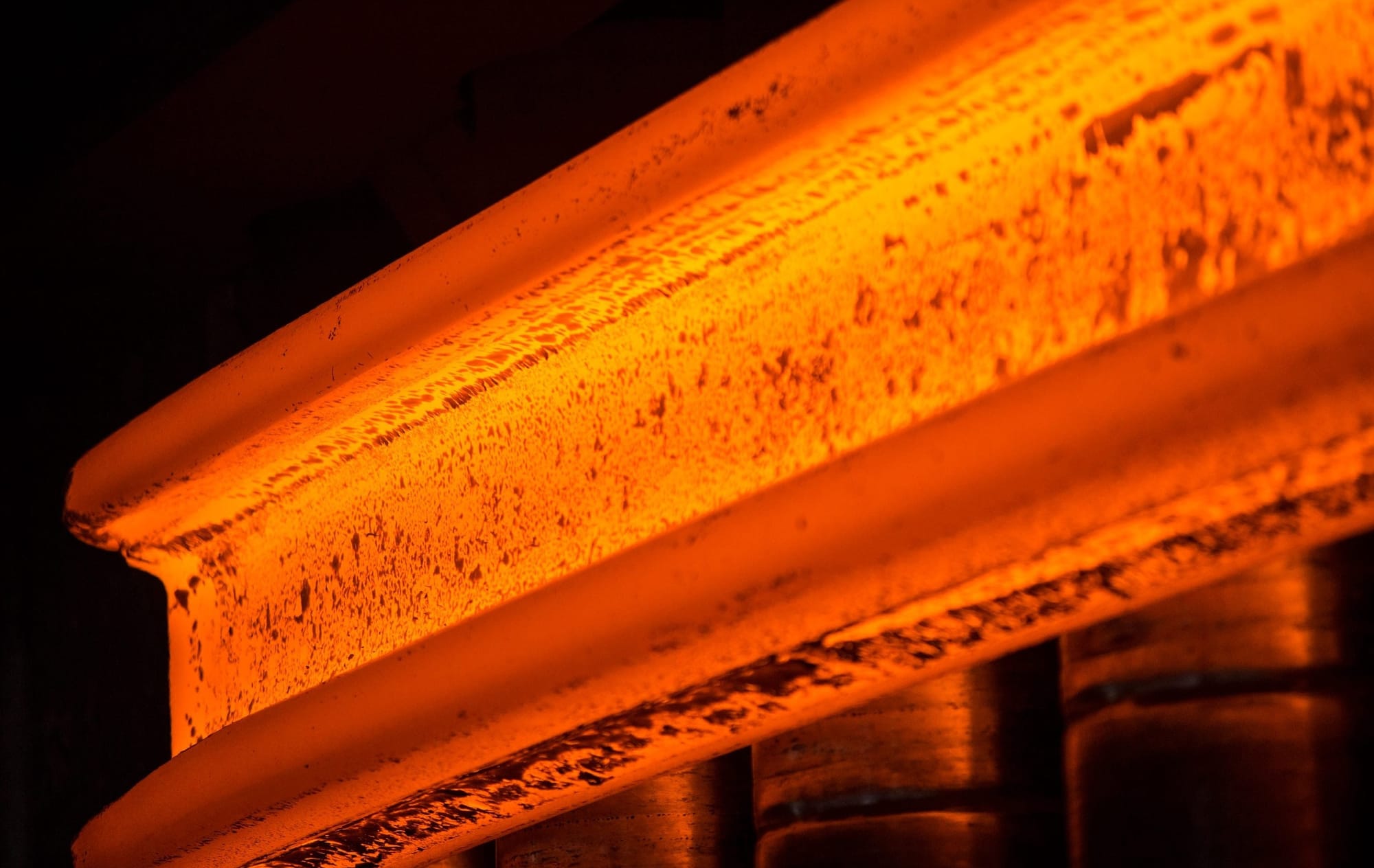Government must have hawk-like vision to spearhead steel industry decarbonisation strategy

4 July 2023
The Government has today published its response to its UK Emission Trading Scheme (UK ETS) consultation announcing that the scheme will have a tighter limit on industrial, power and aviation emissions, maintaining the existing free allowances until 2026.
UK Steel, the trade association for the UK’s steel industry, warned that without thorough strategic support from government, retaining the sector’s free allowances until 2026 will not be enough to help decarbonise UK steel.
Gaps are evident in the ETS reform details. With 2026 less than three years away, and with only nine years to decarbonise the steel industry according to the Climate Change Committee, the lack of detail, strategy and financial long-term leadership leaves steelmakers in the dark.
It is essential that Ministers shine a light of leadership by putting a robust Carbon Border Adjustment Mechanism (CBAM) in place by 2026, so that imported high-emission steel faces equal carbon costs to UK-made steel.
To hit industrial decarbonisation targets, government policies need to be packaged together to help industry transition to new low-emission production methods. The UK’s ETS reforms should be introduced strategically with the CBAM and a long-term capital expenditure strategy to give steelmakers the financial support to decarbonise.
Gareth Stace, Director General of UK Steel, said:
“Without a hawk-like vision, a carefully planned capital expenditure and a powerful decarbonisation strategy, we could simply close down steel plants and de-industrialise the nation. There are huge question marks over if Government really wants to sustain steel, the backbone of British manufacturing, or just leave it to shrink and rely on other nations’ supply."
“We are committed to decarbonising by 2035 if the right business environment is created, and ETS free allowance, the level of the cap and a CBAM will help this. Yet Government is plainly taking with one hand and not giving back with the other when it issues one-off policies without a strategic plan for capital expenditure and aligning ETS regulations with CBAM implementation."
“Without carefully thought through Government leadership, decarbonising costs will clearly weigh down and suffocate the steel industry.”